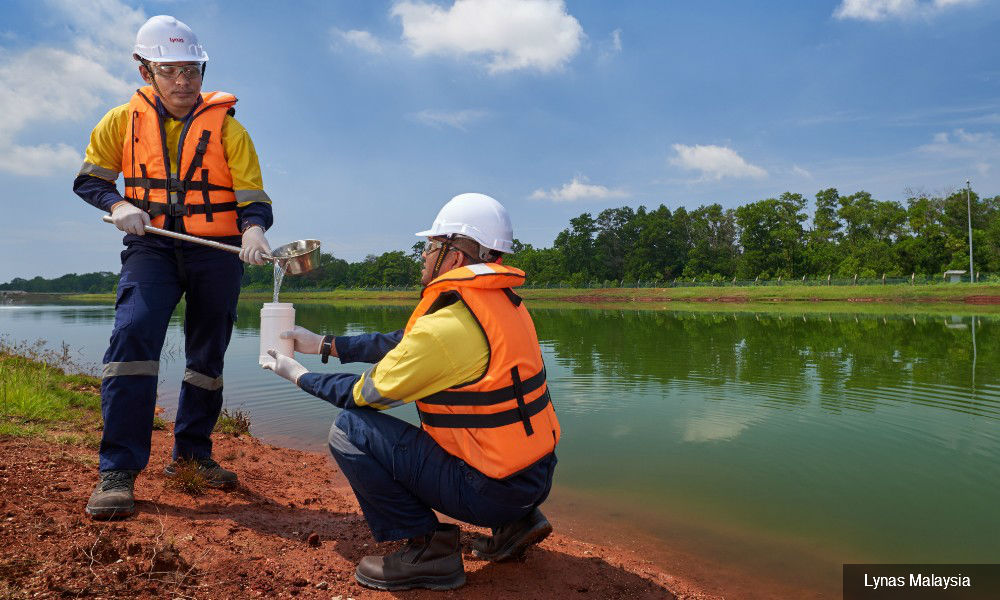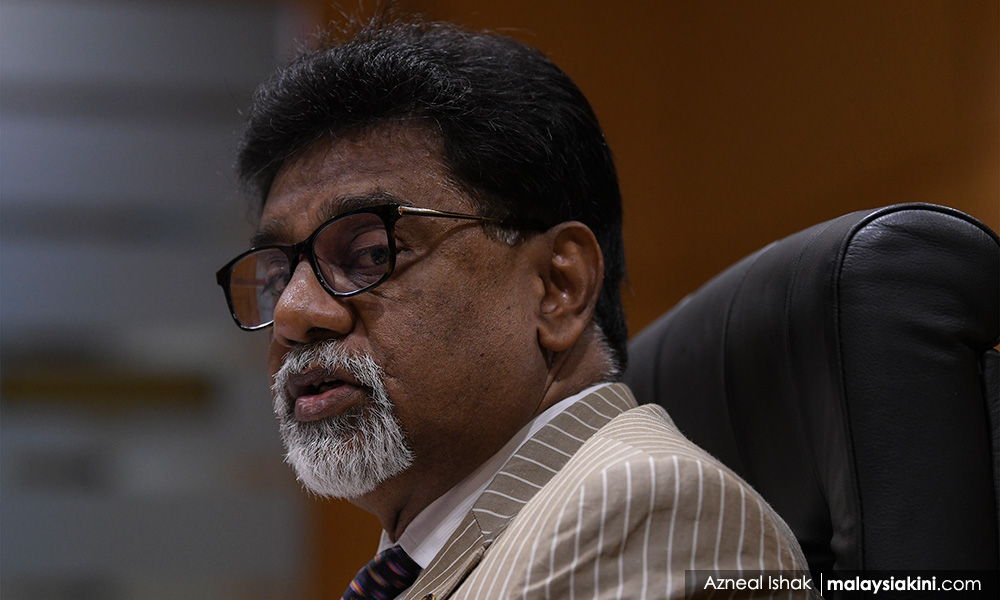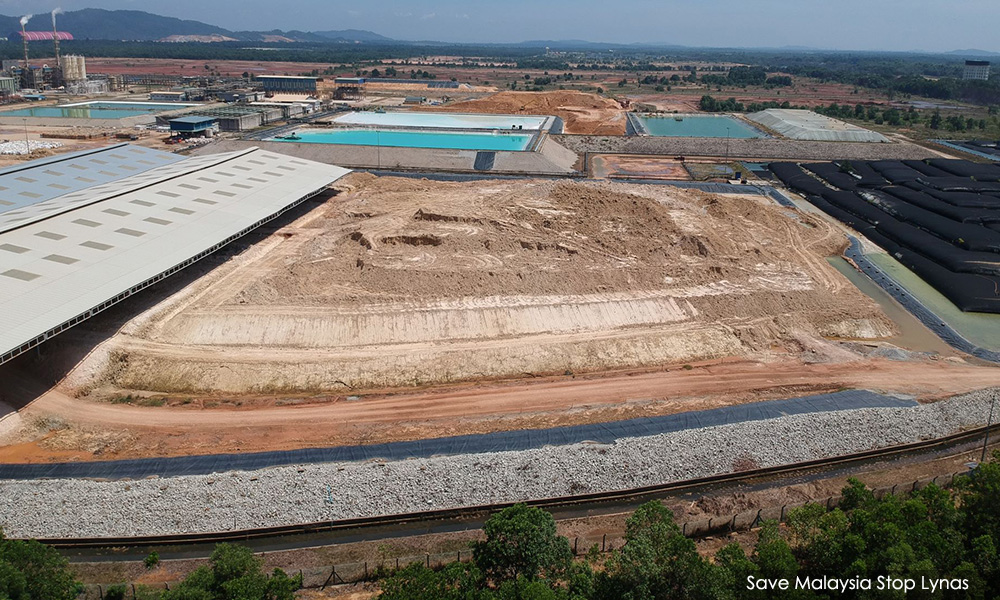 SMSL/PSHK Press statement
SMSL/PSHK Press statement Lynas is Responsible for the Toxic Heavy metal Groundwater Contamination
19th June 2019
Today, SMSL under the registered name of its parent body, Pertubuhan Solidariti Hijau Kuantan (PSHK), has lodged a police report in response to the serious groundwater contamination as evidenced from data revealed in the report of the Executive Review Committee on Lynas released last December, review of DoE documents and water sampling tests carried out by SMSL since 2016.
Mr Tan Bun Teet, chairman of SMSL said, “Polluting our environment, especially the ground water is an act of crime. Since our regulators have not taken any action and have flaunted their own regulations despite data clearly showing otherwise, we have no choice but to act in the interest of our community and for our country.”
Mr Tan is supported by legal adviser, Mr Hon Kai Ping with the lodgement. Mr Hon explained, ”Contamination of water course including ground water is an offence under the Water Services Industry Act (WSIA). In fact, Parliament has deemed it so serious that under section 121 of the WSIA, if the contamination results in death, the penalty may also be death.”
“The President of the Malaysian Bar has recently made a public statement on these issues (Press Statement attached). Water contamination is a national security issue and our authorities should take the report seriously.” Mr Hon added.
Under WSIA, any party found guilty by the court is subject to a hefty fine of RM500,000 or ten years jail term or both; or the death penalty if the contamination has caused deaths – see the relevant page attached.
Serious groundwater contamination from toxic heavy metals including nickel, lead, chromium and even mercury were evidenced from a set of groundwater data revealed in the ERC report in page 80 and 81.
Nickel, lead, chromium and mercury are all hazardous substances. Lead is particularly harmful to babies and children. World Health Organisation has warned that there is no safe exposure level of lead. For further details on the health hazards of these substances, please refer to the relevant attached documents for reference.
“We lodge the police report because we have waited for over a year since the change of government for the regulators to carry out their duty to enforce the law. Unfortunately, there has not been any improvement within the Department of Environment. They have done nothing to investigate the contamination and below standard wastewater discharged by Lynas. Instead they continue to sing Lynas praises in public at public forum and through the media.”
The contamination data are from Lynas own monitoring stations, surrounding its waste storage facility and its final wastewater discharge point. The maximum recorded contamination level of 96,110 µg/l was from Lynas’ sampling station near its final wastewater discharge point, labelled as GW13. This reading is over 1,200 times higher than the Dutch intervention level of 75 µg/l! That is about 10% of the WLP nickel concentration.
All the nickel data exceeded the Dutch legal limit of 75 µg/l. The few chromium data available in the Table - 31 µg/l to 266 µg/l - exceeded the Dutch intervention limit of 30 µg/l. Similarly, with the lead (Pb) and mercury (Hg) data. These are all toxic elements that will adversely affect our environment with serious implications for community health.
“When Lynas claimed that it has complied with the law, it is the law which DoE/JAS has bent for Lynas. As an Australian corporate entity, Lynas should adhere to the ASX Corporate Governance Principles – especially Principle 3 which requires that it acts ‘ethically and responsibly’ which goes ‘well beyond mere compliance with legal obligations and involves acting with honesty, integrity’ and ‘includes being, and being seen to be, a good corporate citizen, acting responsibly towards the environment.’”[1] Mr Hon added.
No other industry or business anywhere in Malaysia could get away with so much wastes piled up by its plant. With half a million tonnes of waste contaminated with radioactive materials and other toxic substances continuing to contaminate the environment.
The regulatory agency overseeing the Lynas’ environmental management is the Department of Environment or Jabatan Alam Sekitar (DoE/JAS). It is required through its mandated roles and responsibilities under the Environmental Quality Act 1974 to uphold the law and to enforce regulations stated under the Act of Parliament.
Mr Tan and Mr Hon reminded the Government, “Janji 39 of the Pakatan Harapan (PH) manifesto promises that all projects that affect the environment must stand up to the highest standards of environmental protection and that it follows international best practices. The Manifesto also castigated the previous BN administration and stated that the PH government would not bow to big companies and crony capitalism. We hope this would also not be the case here! The whole country is watching!”
For further comments, please contact:
· Mr Tan Bun Teet - Hp: +60 179 730 576
· Mr Hon Kai Ping - +60 112 544 7356
Attachments:
1. Map of groundwater monitoring stations
2. Water Services Industry Act – contamination of water course
3. Health hazards of toxic heavy metals
4. Lynas is responsible for the groundwater contamination
[1] https://www.asx.com.au/documents/asx-compliance/cgc-principles-and-recommendations-3rd-edn.pdf



